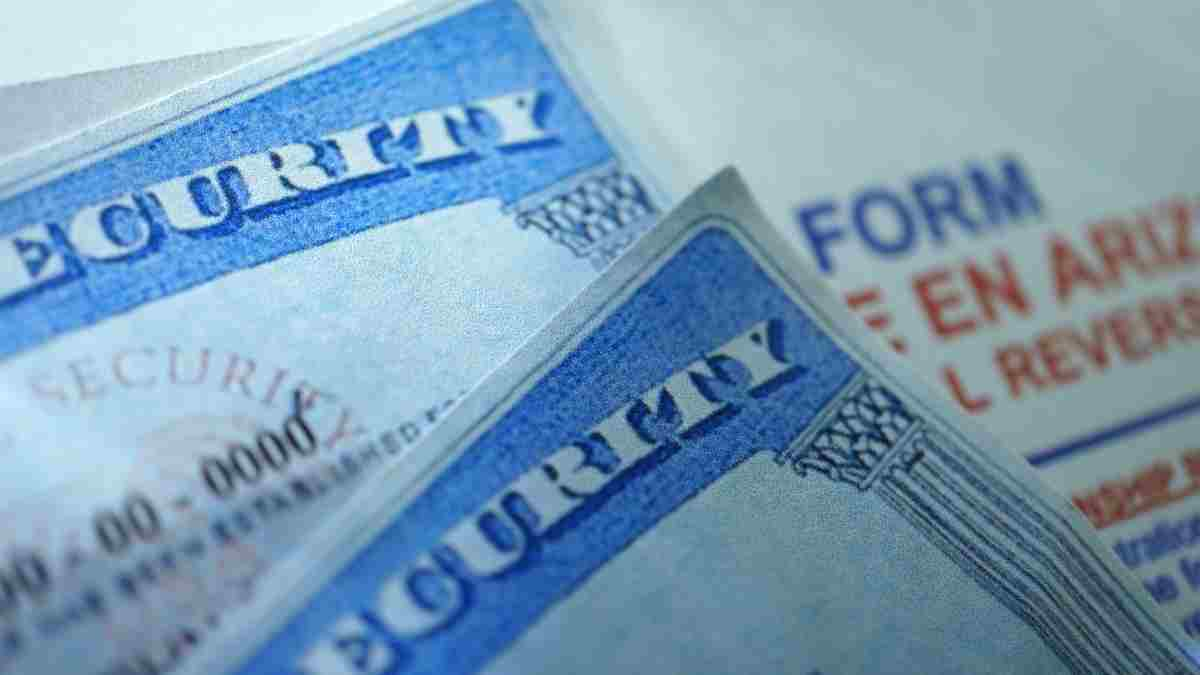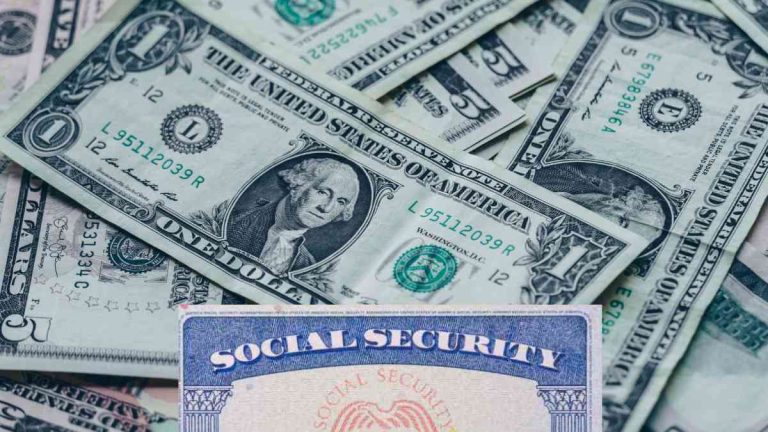November Surprise: Extra Social Security Payments for Some Beneficiaries
According to Vibes.okdiario, If you’re one of the millions of Americans receiving Social Security benefits, you might be pleasantly surprised in November with an extra payment. This isn’t due to a policy change but rather how the dates fall on this year’s calendar. Here’s what you need to know about who will be affected and how the payment schedule works.
Why Will There Be an Extra Social Security Payment in November?
Typically, Social Security beneficiaries receive one payment per month. However, this November, some will receive more than one due to specific calendar dates. This can create confusion, particularly for those receiving Supplemental Security Income (SSI), designed to support disabled adults and seniors with low incomes.
The extra payments in November primarily impact SSI beneficiaries and those who receive both Social Security and SSI. Here’s how it breaks down:
- First Payment: SSI beneficiaries will receive their first November payment on Friday, November 1.
- Second Payment: They will also receive a second payment on Friday, November 29. This payment is for December, typically scheduled for December 1. However, since December 1 falls on a Sunday this year, the check is moved up to the last business day in November.
For those receiving both Social Security and SSI, they will also receive their Social Security check on November 1, instead of the usual date of November 3, since that date is also a Sunday. This means some beneficiaries could receive up to three payments in November: two from SSI and one from Social Security.
Payment Dates to Remember
If you receive only Social Security and not SSI, your payment schedule will remain unchanged. Payments will continue on their usual dates, based on your birth date:
- November 13: for those born between the 1st and 10th of the month.
- November 20: for those born between the 11th and 20th.
- November 27: for those born between the 21st and 31st of the month.
Thus, if you only receive Social Security, you’ll receive your payment on one of these three dates, depending on your birth date.
Also read: Drivers May Claim Up to $550 from $2.09M Insurance Settlement: Five Steps to Qualify
Upcoming Cost-of-Living Adjustments: What to Expect in January
In addition to the extra payment in November, there’s more good news for Social Security beneficiaries: the annual Cost-of-Living Adjustment (COLA). This adjustment is designed to maintain the purchasing power of beneficiaries by accounting for inflation.
For 2025, the COLA is set at 2.5%, which means payments will see a slight increase for all beneficiaries. For instance, a typical beneficiary can expect an increase of about $50 per month, raising the average check to approximately $1,976. This increase will be reflected in the payments beneficiaries receive in January 2025. The payment dates will be as follows:
- January 8: for those born between the 1st and 10th of the month.
- January 15: for those born between the 11th and 20th.
- January 22: for those born between the 21st and 31st of the month.
Beneficiaries who began receiving checks before May 1997 or who receive both Social Security and SSI will receive their payment with the COLA increase on January 3.
What About Other Beneficiaries?
If you don’t receive SSI benefits, there’s no need for concern; you haven’t been overlooked. If you receive only Social Security payments, you’ll continue to receive your check as usual. While you won’t receive an extra payment in November, you will see an increase in January due to the cost-of-living adjustment.
It’s crucial to stay informed about these dates to avoid confusion and plan your finances accordingly. The Social Security Administration ensures that payments arrive on time, even if dates shift due to the calendar.






